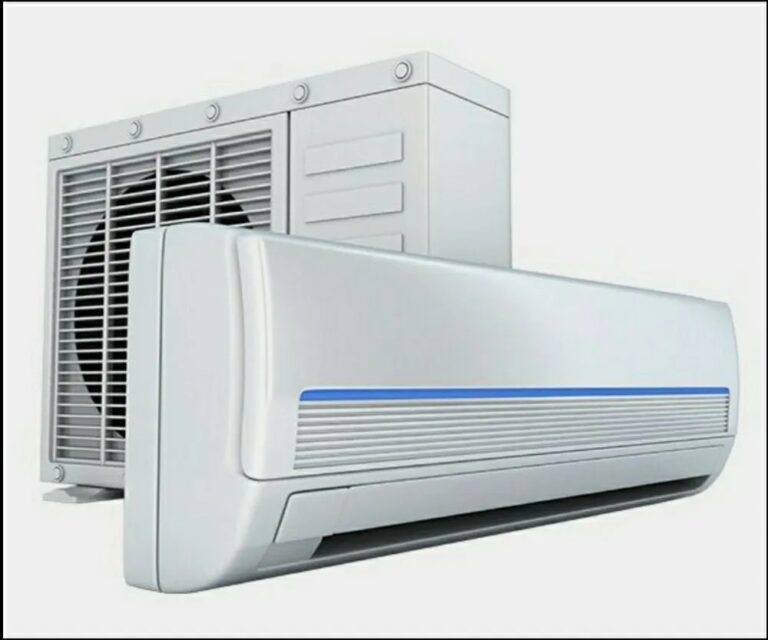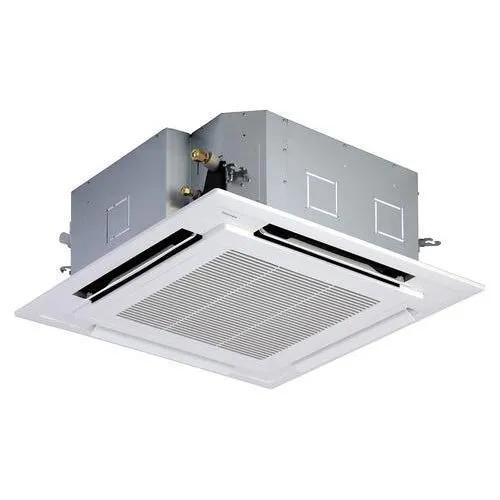
ROOM AIR CONDITIONERS
Room or window air conditioners cool rooms rather than the entire home or business. Since they cool a smaller space, room air conditioners are less expensive to operate than central units, even though their efficiency is generally lower. For ways to save on cooling costs with a room air conditioner.
Energy Efficiency of Room Air Conditioners
A room air conditioner’s efficiency is measured by the energy efficiency ratio (EER). The EER is the ratio of the cooling capacity (in British thermal units (Btu) per hour) to the power input (in watts). The higher the EER rating, the more efficient the air conditioner. When buying a new room air conditioner.

Installing and Operating Your Room Air Conditioner
A little planning before installing your air conditioner will save you energy and money.
- The unit should be level when installed, so that the inside drainage system and other mechanisms operate efficiently.
- Don't place lamps or televisions near the air-conditioner's thermostat. The thermostat senses heat from these appliances, which can cause the air conditioner to run longer than necessary.
- Set your air conditioner's thermostat as high as is comfortably possible in the summer. The less difference between the indoor and outdoor temperatures, the lower your overall cooling bill will be. Don't set your thermostat at a colder setting than normal when you turn on your air conditioner; it will not cool your home any faster and could result in excessive cooling and unnecessary expense.
- Set the fan speed on high, except on very humid days. When humidity is high, set the fan speed on low for more comfort. The low speed on humid days will cool your home more effectively and remove more moisture from the air because of slower air movement through the cooling equipment.
- Consider using an interior fan in conjunction with your window air conditioner to spread the cooled air through your home without greatly increasing electricity use.



